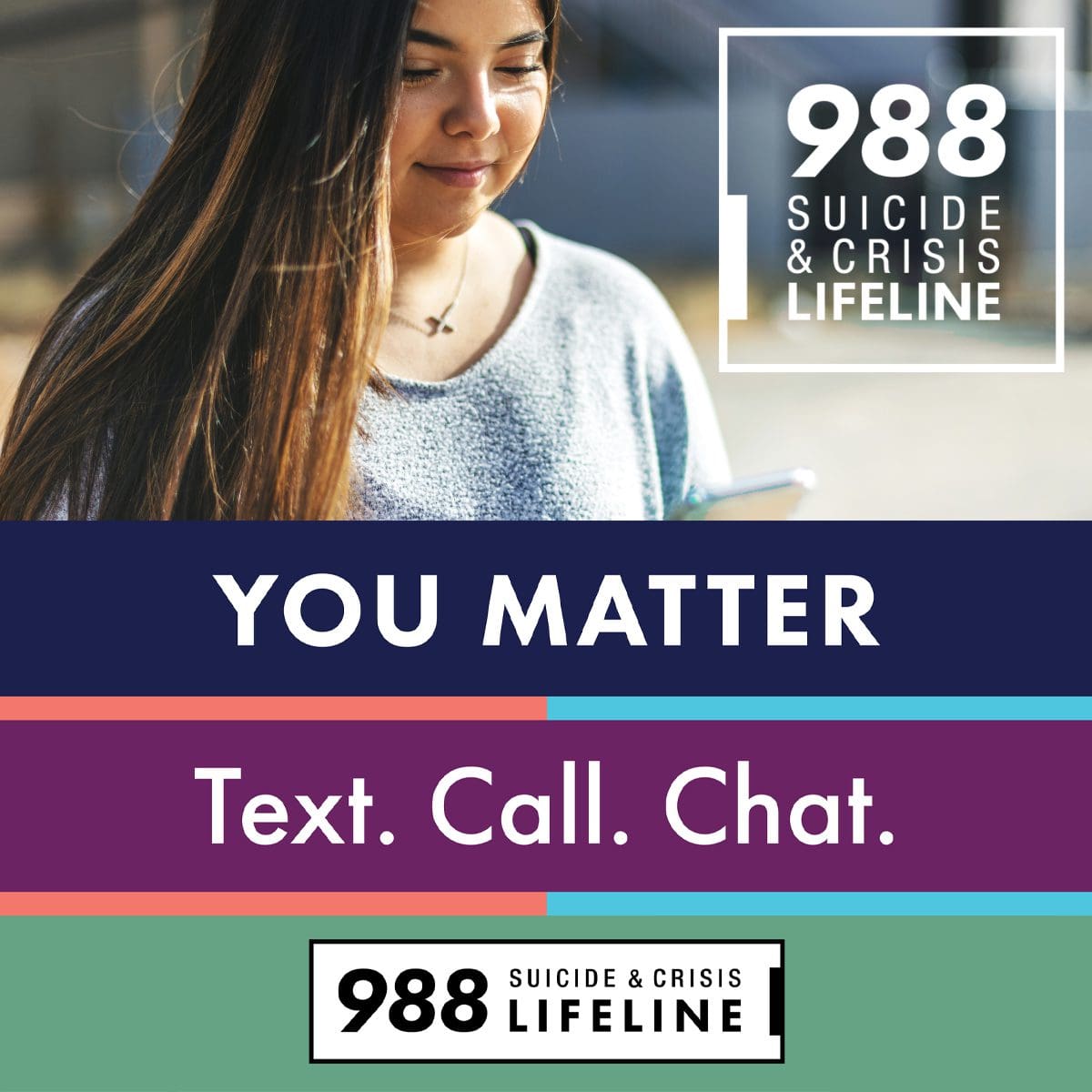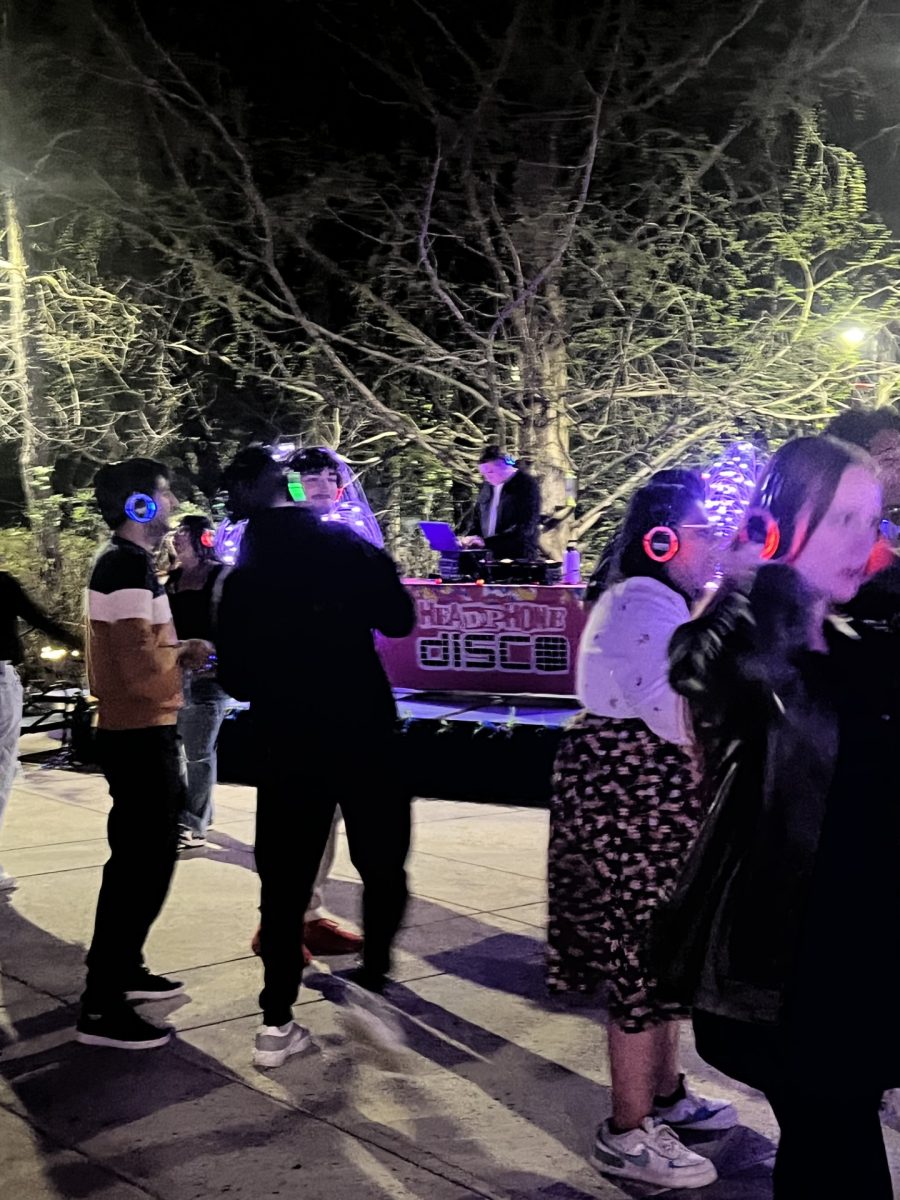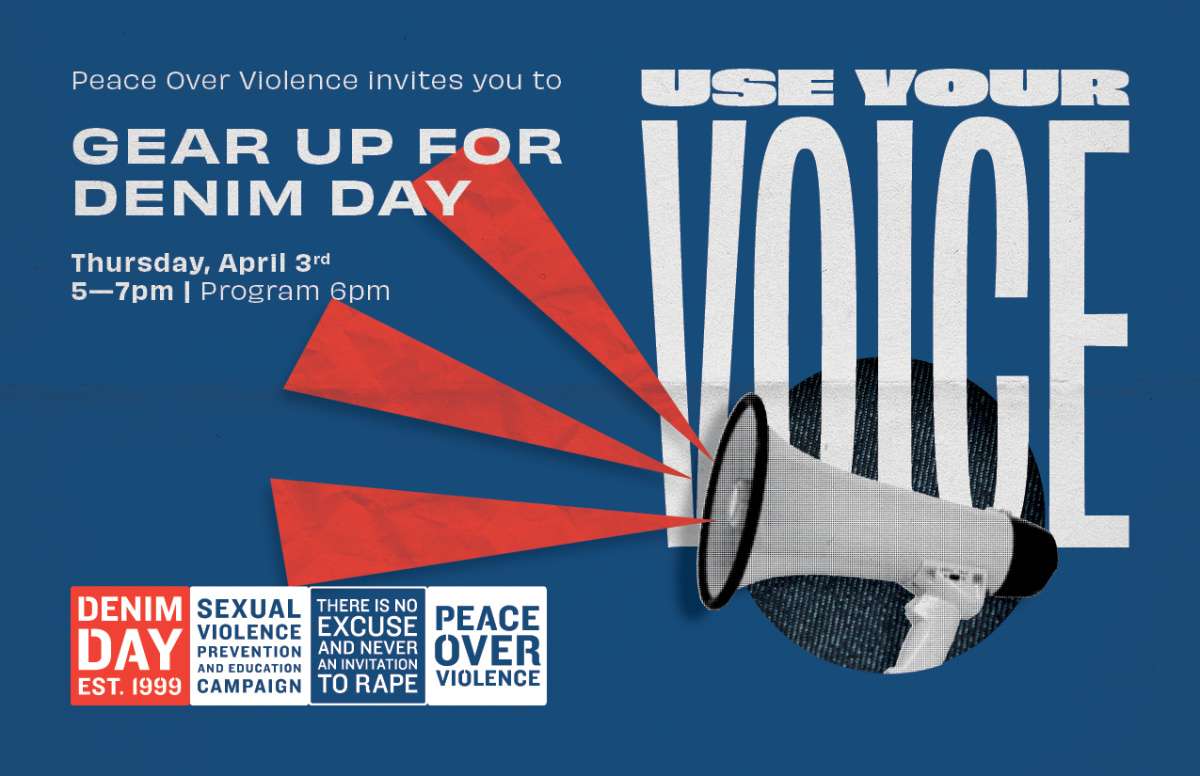Emergencies are sometimes unpredictable and can happen at any time. That is why one should always be prepared to protect themselves and those they care for.
Preparedness is the way to do so. To be prepared is to be ready. To be unprepared can be deadly in some cases.
Lately, more people have begun to talk about this subject due to current events. The movie “Leave the World Behind” has also sparked some more attention on this subject. One should not discount the possibilities of future disaster. NATO representatives have even advised citizens to begin preparing for a problematic future.
On Jan. 18, a joint press conference for NATO chiefs of defense meeting was held.
During that meeting, Dutch admiral, Rob Bauer, spoke about civilian preparedness. Bauer said that due to possibilities of war with Russia, civilians should begin to prepare themselves for
conflict. He said that the Swedish government is advising citizens to get supplies for such a situation.
In that meeting, Bauer said, “You need to have water. You need to have a radio on batteries. You need to have a flashlight on batteries to make sure that you can survive the first 36 hours. Things like that. That’s simple things. But it starts there. The realization that not everything is plannable, that not everything is going to be hunky-dory in the next 20 years.” He did clarify that conflict is not definite, but it is good to be ready.
Ready.gov has a document published of how to be prepared in the case of a nuclear bomb. In that document, it first and foremost says to prepare by stocking up on necessities, like food, water, a radio, emergency medicines, flashlights, and batteries. A hand crank radio is likely the best option for an emergency. These supplies should last for three or more days.
If you have a warning that a nuclear bomb will detonate near you, you should seek shelter immediately. Do not stay outside or in your car, as you will not be safe from the radiation there. You should go into a building and either take shelter in the very center of the building, away from doors and windows, or in a basement.
If at all possible, you should wash yourself right away. You should wait at least 24 hours until you attempt to leave, as the radiation levels outside will need time to decrease. During this time you should stay where you are and tune into the radio.
Another possible form of disaster is an EMP (Electromagnetic Pulse), it is quite similar. It can even be an after effect of a nuclear bomb explosion. Essentially, an EMP will cause all electronics to stop working. The cisa.gov website explains that an electromagnetic pulse can be used as a method of an attack or can even be caused by the sun’s solar flares, which scientists have predicted to happen early this year. You should be stocked up on emergency supplies, such as food, water, batteries, and a radio for this event, as well.
Experts say that it is always better to be prepared. But what do Brookdale students have to say about this? Do they feel prepared, and do they think it’s worth preparing for?
Aya Raz, a 21-year-old radiology major, said she feels prepared in knowing what actions to take if such a disaster were to take place. “Sometimes you just have to prepare for the worst case scenario.”
On the other hand, Justin Gendi, a 19-year-old marketing major, said he does not at all feel prepared for a disaster like these. But Gendi does say, “I think it’s definitely something that should be, like, thought over for what I’d do.”
In addition, another student, Avry Timyl, an engineering major, does not feel like he should prepare for a potential disaster. “I don’t think it’s gonna happen. I feel like we spend so much money on defense, right? Like, I feel like if somebody launched a nuclear missile at us, I’m pretty sure it wouldn’t make it to where we are.”
NATO Says Be Prepared; Are You?
0
More to Discover





























